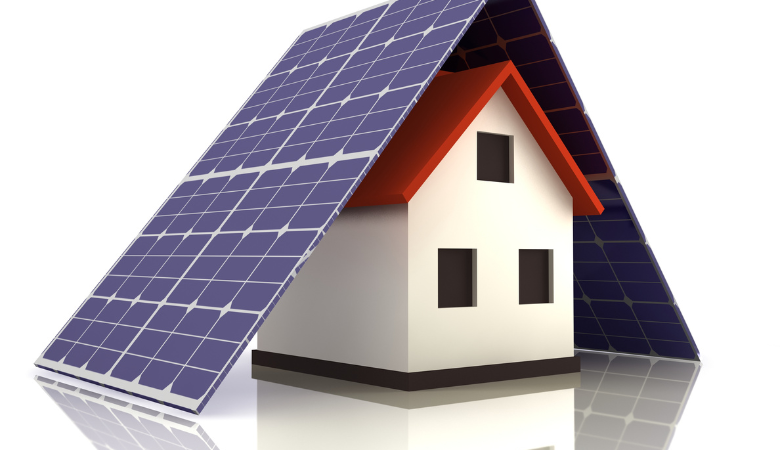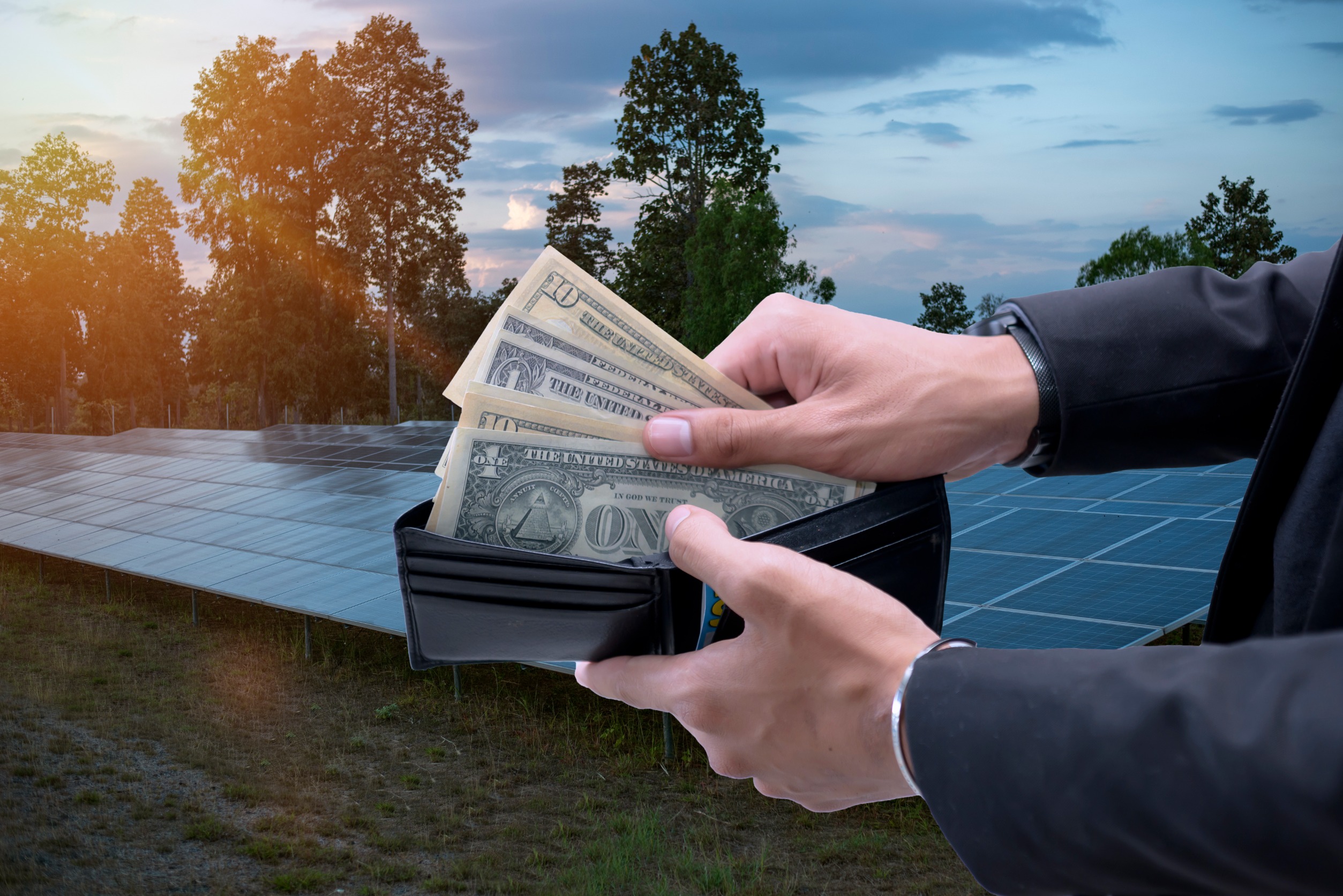In the realm of renewable energy, solar power has emerged as a front-runner due to its efficiency and accessibility. One key aspect to consider when switching to this sustainable energy source is financing.
If you’re pondering about the costs and benefits of solar panel installation in Lancaster, you’ve come to the right place. This blog post aims to provide a comprehensive guide to solar financing, helping you make an informed decision and paving the way for a cleaner, more sustainable future.
Overview of Solar Financing Options
Solar financing options can greatly vary, and it’s essential to understand these before making a decision. If you’re in Lancaster, CA, numerous solar companies can guide you through these options.
These solar companies in Lancaster CA are experts in the field, familiar with local incentives, and can provide a range of solutions tailored to your unique needs.
They will help you assess the most suitable financing options, from solar leases and power purchase agreements to solar loans and cash purchases.
They’ll take into account your budget, your energy needs, and the specific configuration of your property to ensure you get the most out of your investment.
Advantages and Disadvantages of Solar Financing
Solar financing indeed presents several advantages and disadvantages:

Advantages:
- Cost Savings: Solar energy panels can significantly cut down on your electricity bills. Even if you finance the system, your monthly savings can outweigh the loan payment.
- Increase Property Value: Studies have shown that homes equipped with solar energy systems have higher property values and sell more quickly than non-solar homes.
- Environmentally Friendly: Solar power is a clean, renewable source of energy that reduces your home’s greenhouse gas emissions.
Disadvantages:
- Initial Costs: The upfront costs of a solar system can be high, which may be a deterrent for some homeowners.
- Dependent on Weather: Solar energy production is dependent on the weather and is thus somewhat unpredictable.
- Requires Space: Solar panels require a substantial amount of space, often on rooftops. Not all properties are suitable for installation.
Understanding the Cost-Benefit Analysis of Solar Financing
When evaluating the cost and benefits of solar financing, several factors come into play. The initial cost of installation, ongoing maintenance, and the lifespan of the system are key considerations for the overall cost. On the other hand, the benefits of switching to solar power are numerous.

Cost Factors
- Initial Investment: Solar panel systems are a significant initial investment. However, with various financing options available, homeowners can spread out this cost over several years.
- Maintenance: Solar panels require minimal maintenance, but any repairs needed could add to the overall cost.
- Lifespan: Solar panels often come with a warranty of 25 years, but they can last much longer, which means you’ll reap the benefits for years to come.
Benefit Factors
- Reduced Energy Bills: Once a solar panel system is operational, you can expect your electricity bills to decrease significantly. Over time, the savings on your energy bills can outweigh the initial cost of the system.
- Environmental Impact: Solar power significantly reduces your carbon footprint, contributing to a healthier environment.
- Increased Property Value: As we mentioned earlier, solar panels can increase the value of your property, making it a sound investment if you plan to sell in the future.
Consequently, while the upfront cost of a solar panel system can be high, the financial benefits gained over time, in addition to the environmental benefits, make it a worthwhile investment.
It’s crucial to conduct a thorough cost-benefit analysis to make an informed decision based on your specific circumstances.
Steps to Securing a Solar Loan
Securing a solar loan involves a series of steps:

- Research: Begin by researching various solar panel companies in Lancaster. Look at reviews, ratings, and testimonials from past clients to assess the credibility and reliability of each company.
- Initial Consultation: Schedule a consultation with your chosen solar panel company in Lancaster. During this meeting, you can discuss your energy needs, budget, and property specifics.
- Cost Estimate: The solar panel company will provide a comprehensive cost estimate for the installation, maintenance, and potential savings. Make sure this includes the cost of the panels, installation, any necessary maintenance, and the expected lifespan of the panels.
- Financing Options: Discuss different financing options with the solar panel company. They should be able to provide information on solar loans, leases, power purchase agreements, and any incentives or rebates available in Lancaster.
- Loan Application: Once you’ve decided on the best financing option for your situation, complete the loan application. This will typically require information about your financial situation and credit history.
- Approval and Installation: After your loan is approved, the solar panel company in Lancaster will schedule and carry out the installation. After installation, they should also provide guidance on how to maintain the system and maximize its efficiency.
- Repayment: Begin repaying your solar loan according to the agreed terms. Remember, the cost savings from reduced electricity bills can help offset these repayments.
Common Questions About Solar Financing
When it comes to solar financing, several common questions arise:
1. Is solar financing worth it?
Solar financing can be a worthwhile investment, depending on your specific circumstances. The cost of solar panels can be offset by the savings you’ll see on your electricity bills. Plus, the environmental benefits and potential increase in your property’s value make it a sound investment.
2. Can I get a solar loan with bad credit?
While your credit score can affect your eligibility for certain financing options, many solar companies provide financing options for a range of credit scores. It’s best to discuss your specific situation with a solar company or financial advisor.
3. What happens if I sell my home before I’ve paid off my solar loan?
If you sell your home before paying off your solar loan, the remaining balance of the loan will typically need to be paid at the time of sale. However, some solar loans may allow you to transfer the loan to the new homeowner. It’s important to understand the terms of your specific loan.
4. How does solar financing affect my taxes?
In some cases, you may be eligible for tax credits or deductions for investing in renewable energy. It’s important to consult with a tax professional to understand how solar financing may impact your taxes.
5. What happens if my solar panels don’t produce as much power as expected?
Solar panel production can be influenced by several factors including weather and the orientation of your roof. Most solar companies offer performance guarantees and will compensate you if your panels do not meet their production estimates.
By considering these common questions and their answers, you can make an informed decision about solar financing. As always, it’s best to consult with professionals in the field for personalized advice.
About Us
Solar is the future, and if you have not yet switched to solar energy for your home, now is the time to do so! If you are looking for a reliable solar installation company in California look no further than Vibe Solar. We are a team of professionals dedicated to doing our bit to save the planet and help our clients towards sustainable living. We offer both residential and commercial solar panels and installation services.
Our products are designed with high-grade materials that meet industry standards, we also provide warranties for our products and services. So, what are you waiting for–get your free solar estimate today!
If you have any questions or want to know more about what we do, you can reach us at 661.485.5000 or fill out our contact form.


